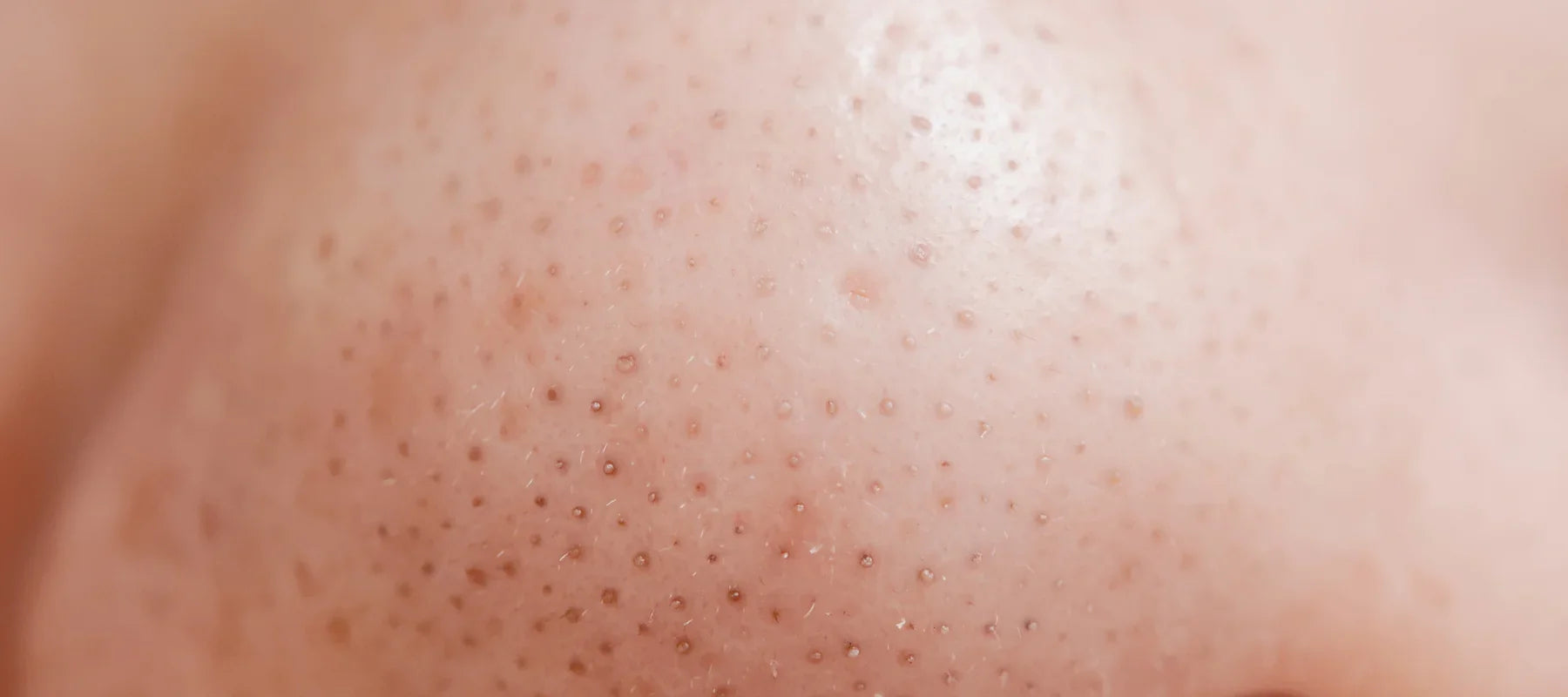
Understanding Blackheads Vs Whiteheads: What'S The Difference?
- What are Blackheads and Whiteheads?
- Causes of Blackheads and Whiteheads
- Physical Differences Between Blackheads and Whiteheads
- How to Identify Blackheads vs Whiteheads
- Treatment Options for Blackheads and Whiteheads
- Prevention Tips for Blackheads and Whiteheads
- Common Myths About Blackheads and Whiteheads
- Conclusion: Understanding the Difference in Treating Effectively
Blackheads and whiteheads, despite appearing similar, require distinct management approaches. Both are acne types arising from clogged hair follicles, differing primarily in pore state and clogging material. This article explores definitions, treatment options, and prevention strategies for these skin conditions.
What are blackheads and whiteheads?
Blackheads, also known as open comedones, are pores clogged with a mixture of dead skin cells and oil. The characteristic black appearance is not due to dirt but results from the oxidation of melanin when exposed to air.
Whiteheads, or closed comedones, occur when a pore is completely blocked by a mixture of oil and dead skin cells. Unlike blackheads, whiteheads are covered by a thin layer of skin, preventing exposure to air and oxidation.
Causes of blackheads and whiteheads
Common factors include heightened oil production, the buildup of dead skin cells, and the existence of skin bacteria. Hormonal shifts, genetic inclinations, and specific medications can additionally contribute to the emergence of blackheads vs whiteheads.
Physical differences between blackheads and whiteheads
The distinction between blackheads and whiteheads is evident in their appearance. Blackheads feature an open pore, resulting in a darkened surface due to oxidation, whereas whiteheads showcase a closed pore, presenting as small elevated bumps with a white or flesh-coloured top.
How to identify blackheads vs whiteheads
Identifying blackheads and whiteheads is relatively simple. Blackheads manifest as small, dark spots on the skin with an open pore, while whiteheads appear as closed, raised bumps with a white or flesh-coloured surface. Observing the colour and openness of the pore can help distinguish between the two.
Treatment options for blackheads and whiteheads
Effective management of blackheads and whiteheads involves a combination of skincare practices and, in some cases, professional treatments. You can start with using non-prescription solutions, such as The Pink Foundry's Super Clarifying Face Serum with 99% pure-grade niacinamide and liquorice extract, which proves advantageous for preventing and treating both blackheads and whiteheads.
Niacinamide regulates oil production and possesses anti-inflammatory properties, while liquorice extract imparts soothing effects. In severe cases, dermatologist-performed treatments like chemical peels or extractions offer more intensive solutions.
Prevention tips for blackheads and whiteheads
Preventing blackheads and whiteheads involves adopting a proactive approach to skincare. By incorporating the following prevention tips into your daily routine, you can significantly reduce the likelihood of these pesky blemishes:
Gentle cleansing
Use a non-comedogenic cleanser like the Clearing & Calming Acne Face Wash twice a day to remove excess oil and dirt.
Regular exfoliation
Integrate a mild exfoliant into your skincare regimen to eliminate dead skin cells and reduce pore blockages. Exercise caution to avoid over-exfoliation, as it may cause irritation and exacerbate acne.
Non-comedogenic products
Opt for skincare and makeup items labelled as non-comedogenic, indicating they won't obstruct pores. This minimises the chance of pore blockages that contribute to the formation of blackheads and whiteheads.
Hydration
Keep your skin well-hydrated with a non-comedogenic moisturiser like The Pink Foundry's Acne Care & Healing Gel Moisturiser with Tea Tree & Cica. Proper hydration helps maintain the skin's natural barrier, preventing excessive oil production as a compensatory mechanism.
Sun protection
Protect your skin from harmful UV rays by using a broad-spectrum sunscreen with at least SPF 30 such as the Mineral Matte Tinted Sunscreen.
Balanced diet
Sustain a well-rounded diet abundant in fruits, vegetables, and whole grains. Limit the intake of dairy and high-glycemic foods to mitigate the potential contribution to acne breakouts.
Also read: How To Create A Healthy Diet For Glowing Skin
Hands off
Resist the urge to touch your face, as your hands can transfer dirt and bacteria, potentially leading to clogged pores. Picking at blackheads and whiteheads can worsen inflammation and increase the risk of scarring.
Hygiene practices
Ensure that items that come into contact with your face, such as pillowcases and makeup brushes, are kept clean. Dirty surfaces can harbour bacteria that contribute to acne.
Hormonal balance
If you suspect hormonal imbalances are contributing to your acne, consult with a healthcare professional. They can guide hormonal treatments or suggest lifestyle changes that may help.
Professional guidance
If your blackheads and whiteheads persist despite your efforts, consider consulting a dermatologist. They can provide personalised advice and may recommend prescription medications or professional treatments tailored to your skin's needs.
Common myths about blackheads and whiteheads
Dispelling common myths is crucial for promoting accurate skincare practices. Contrary to popular belief, blackheads are not caused just by poor hygiene but rather by a combination of factors, including genetics and hormonal changes. Additionally, squeezing or picking at blackheads and whiteheads can worsen inflammation and lead to scarring.
Also read: How to Remove Blackheads from Nose - Our Top Tips
Conclusion: Understanding the difference in treating effectively
Distinguishing between blackheads and whiteheads is fundamental for developing an effective skincare regimen. By understanding the causes, physical differences, and appropriate treatments, individuals can make informed decisions about their skincare routine.
The Pink Foundry’s skincare range, with its potent ingredients, stands out as a promising option in the quest for clear and healthy skin. Remember, consistency in skin care practices, along with professional guidance when needed, is key to managing and preventing blackheads and whiteheads for a radiant complexion.


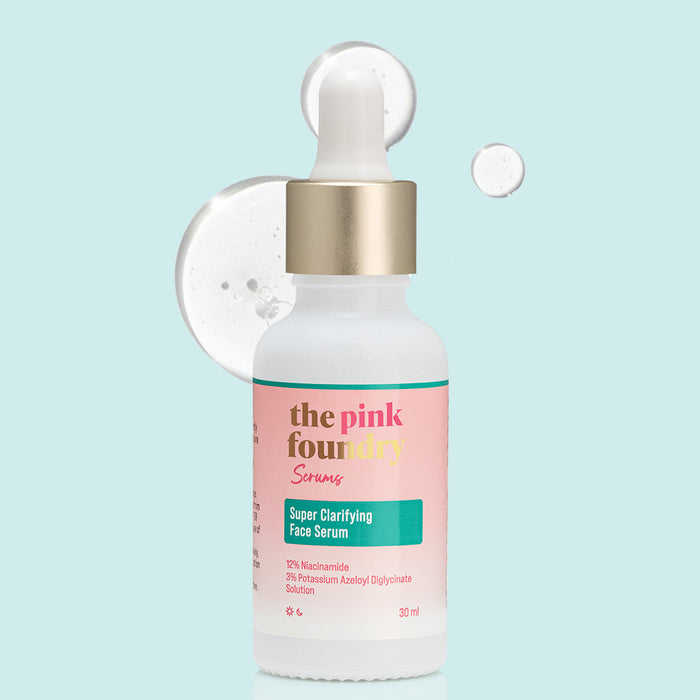
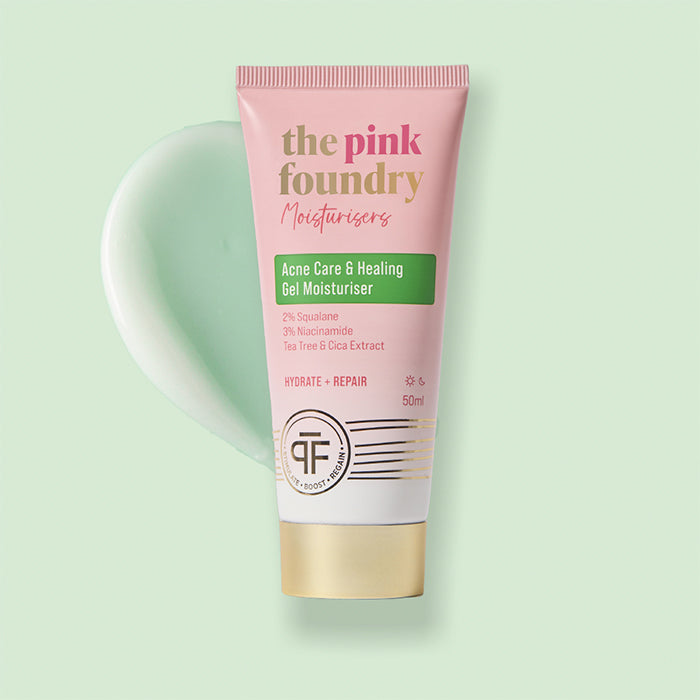
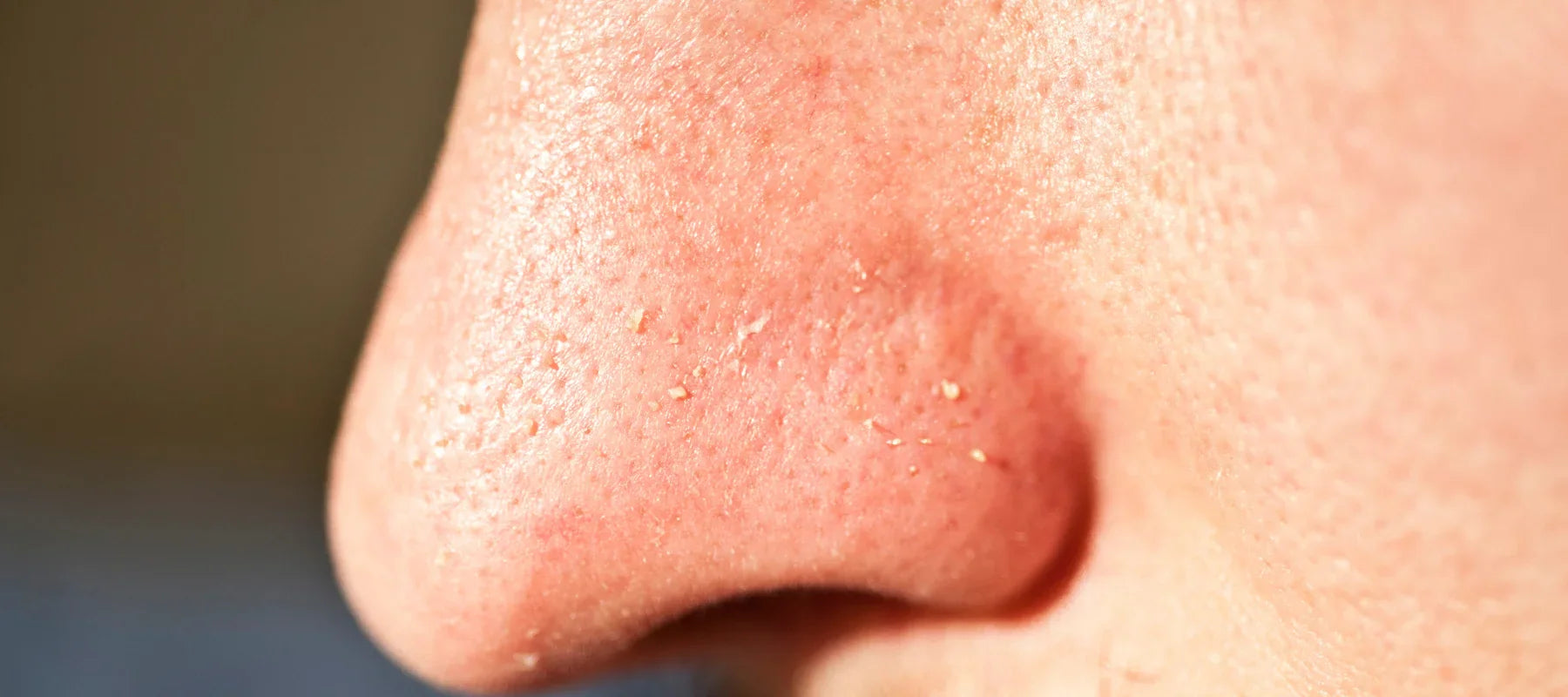




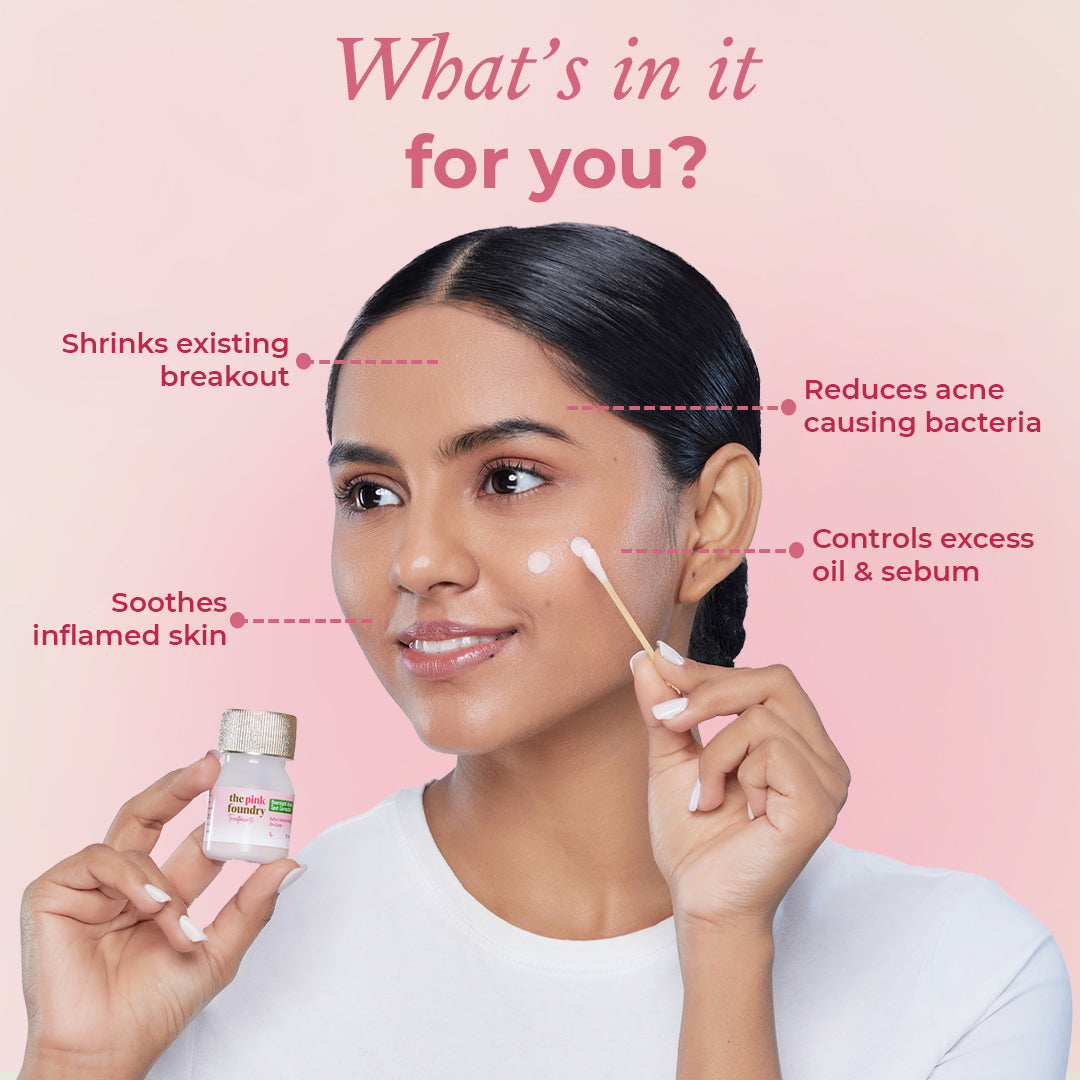
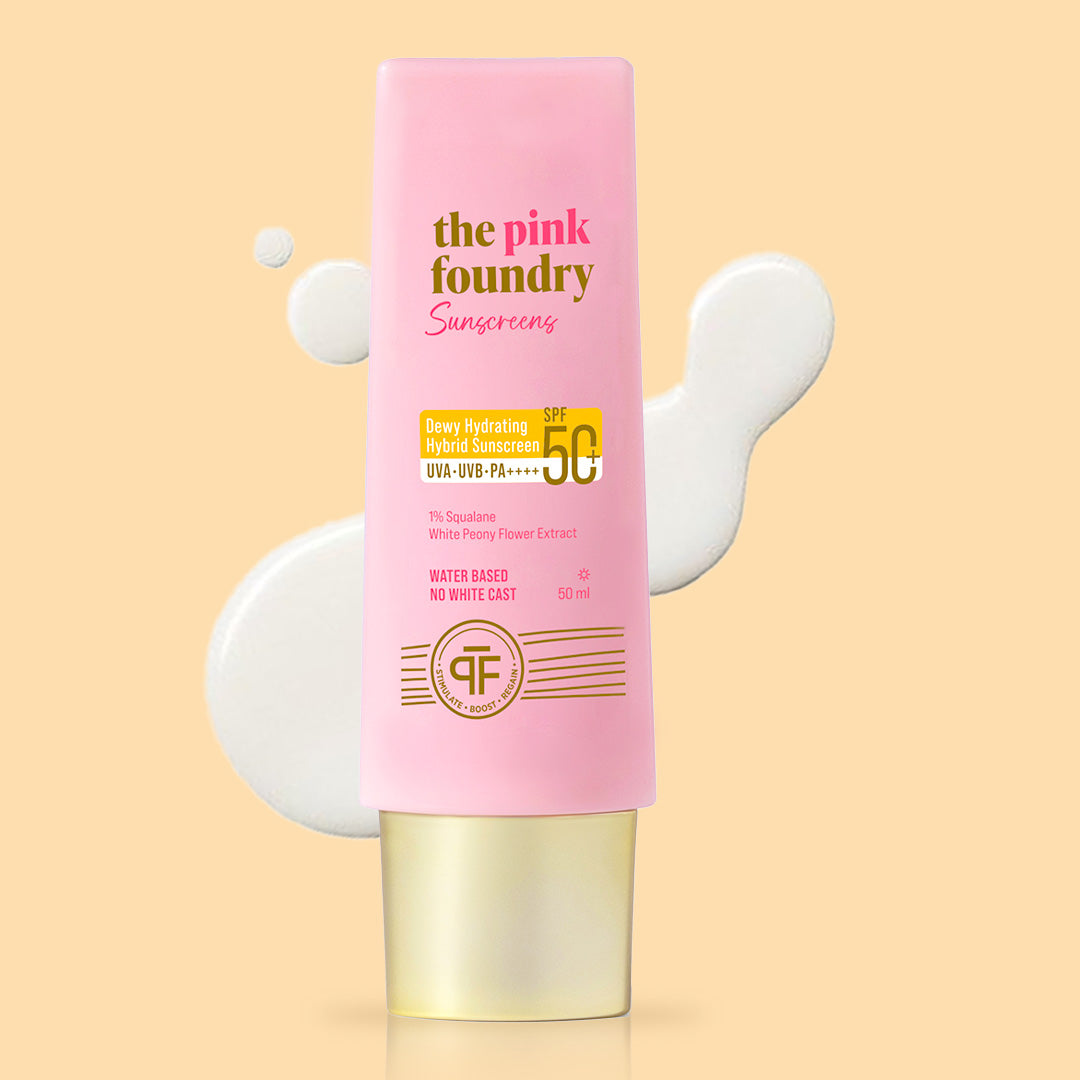
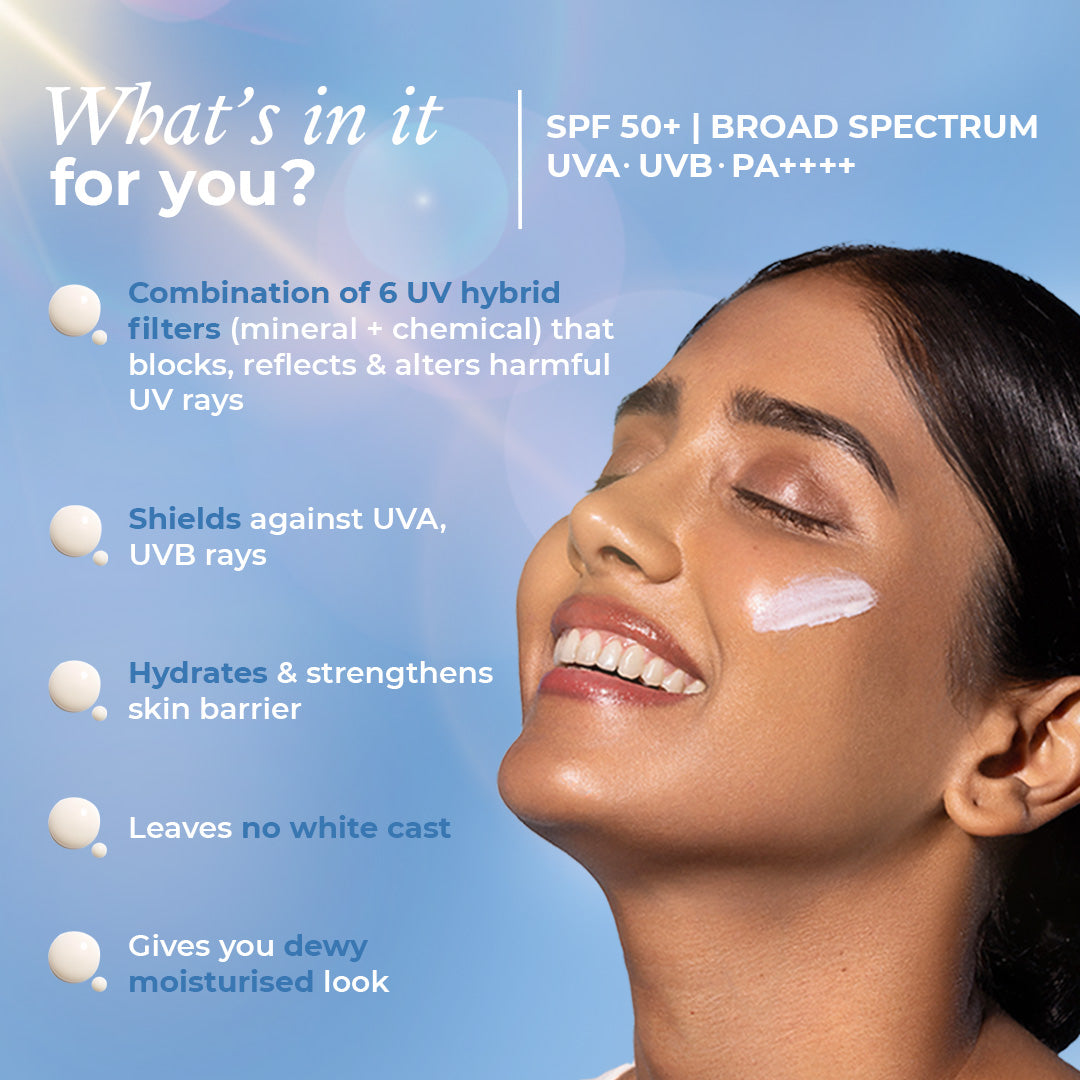


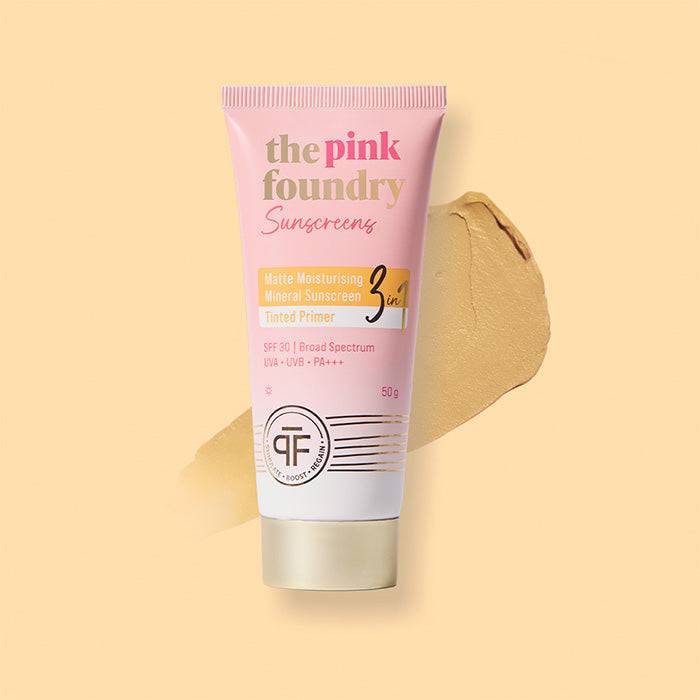
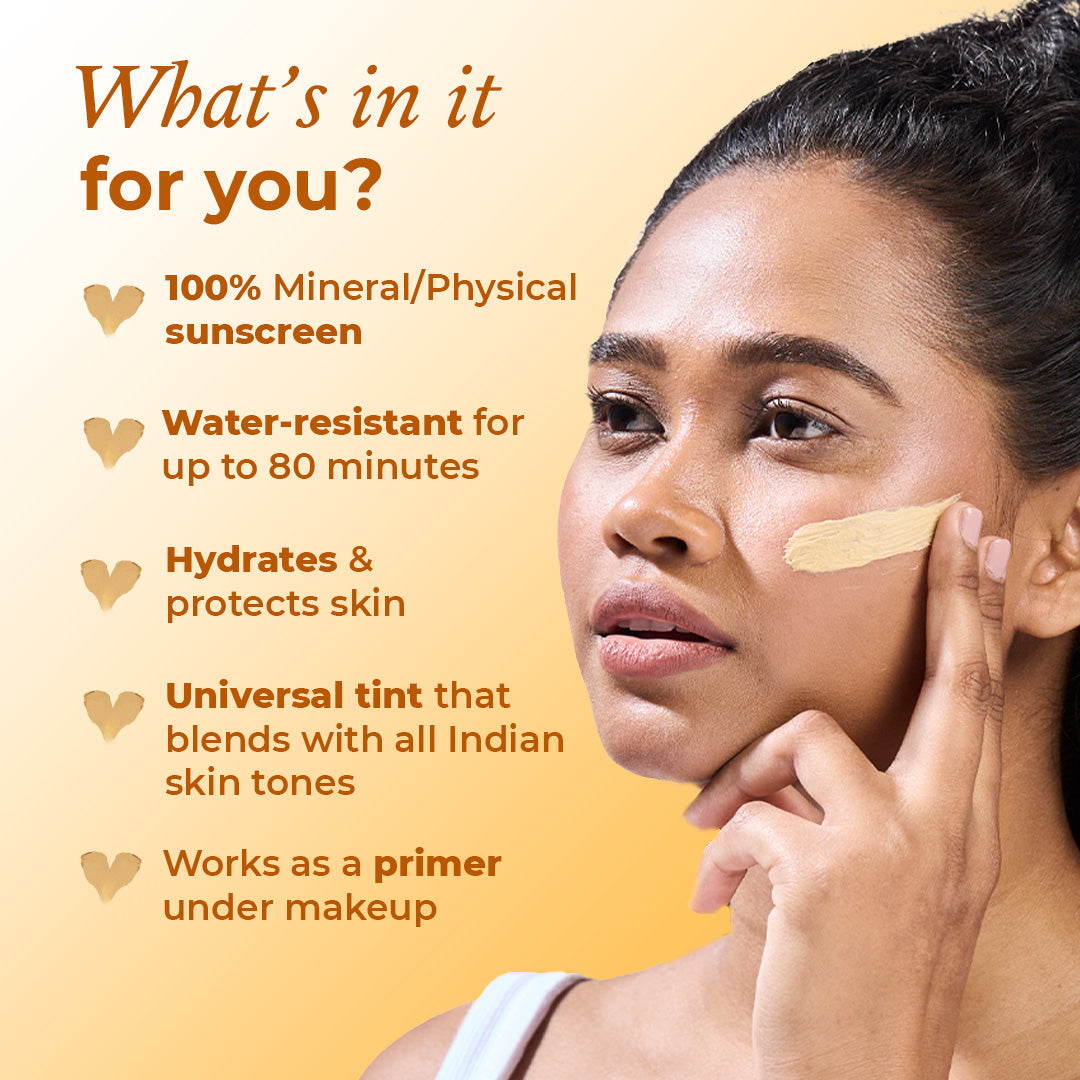



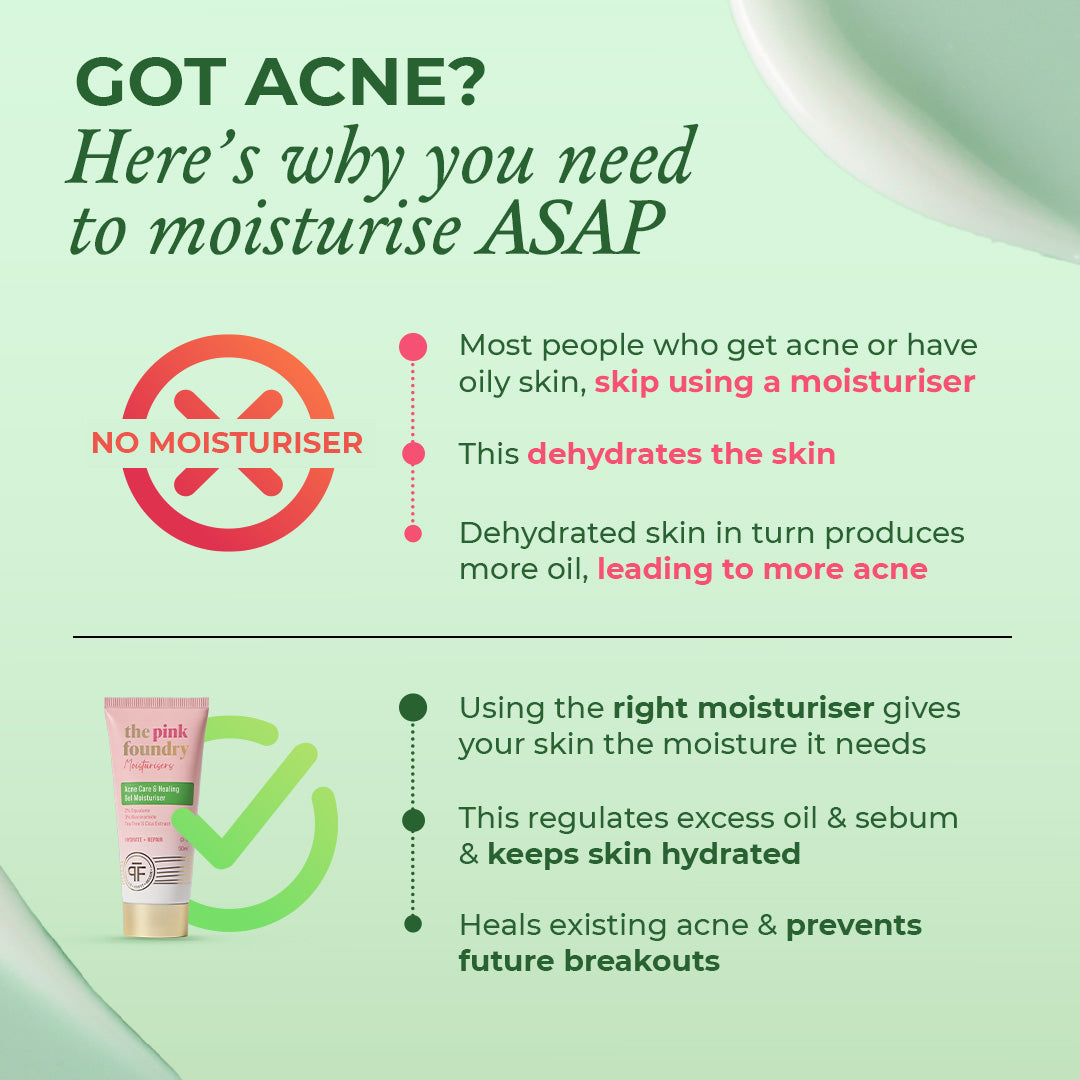
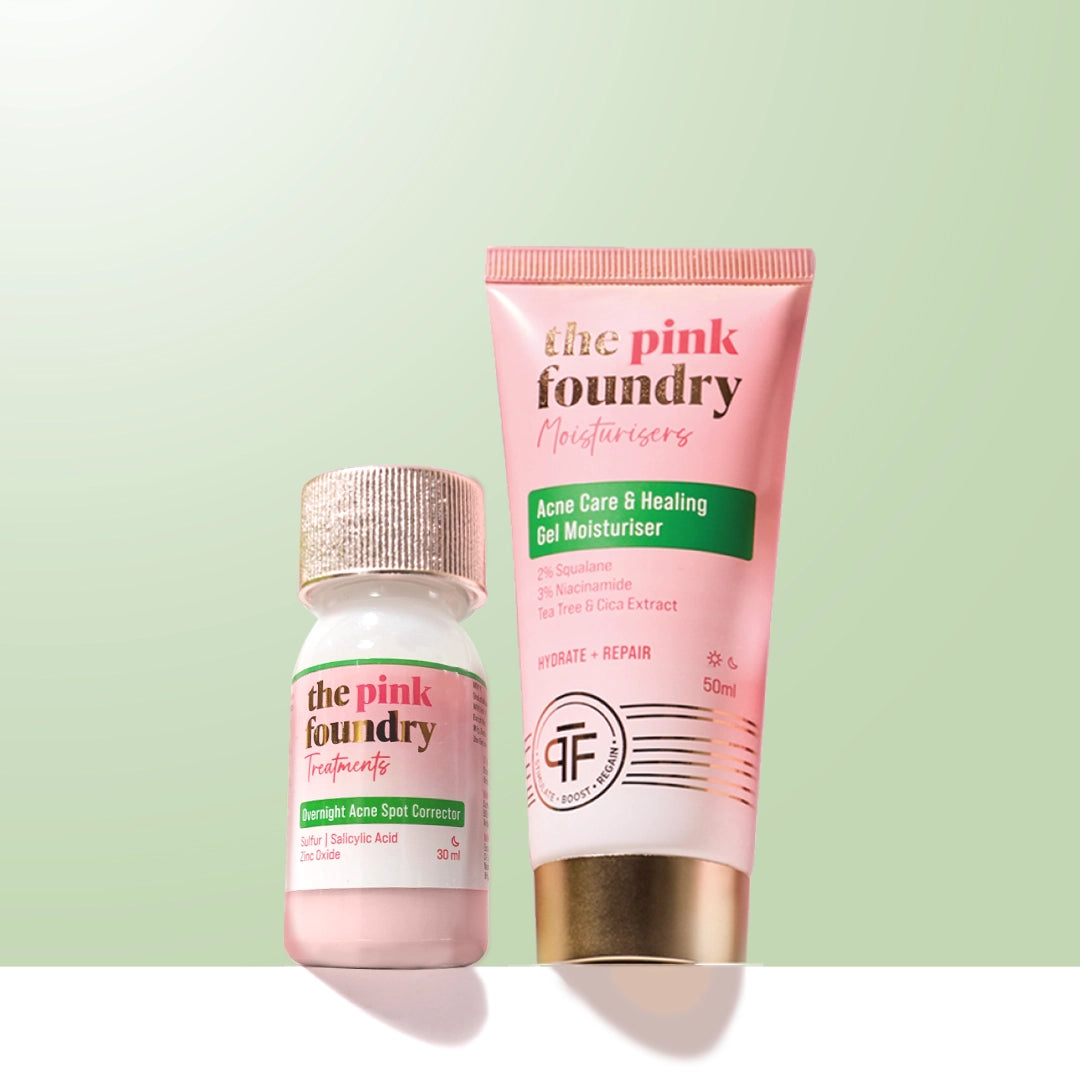
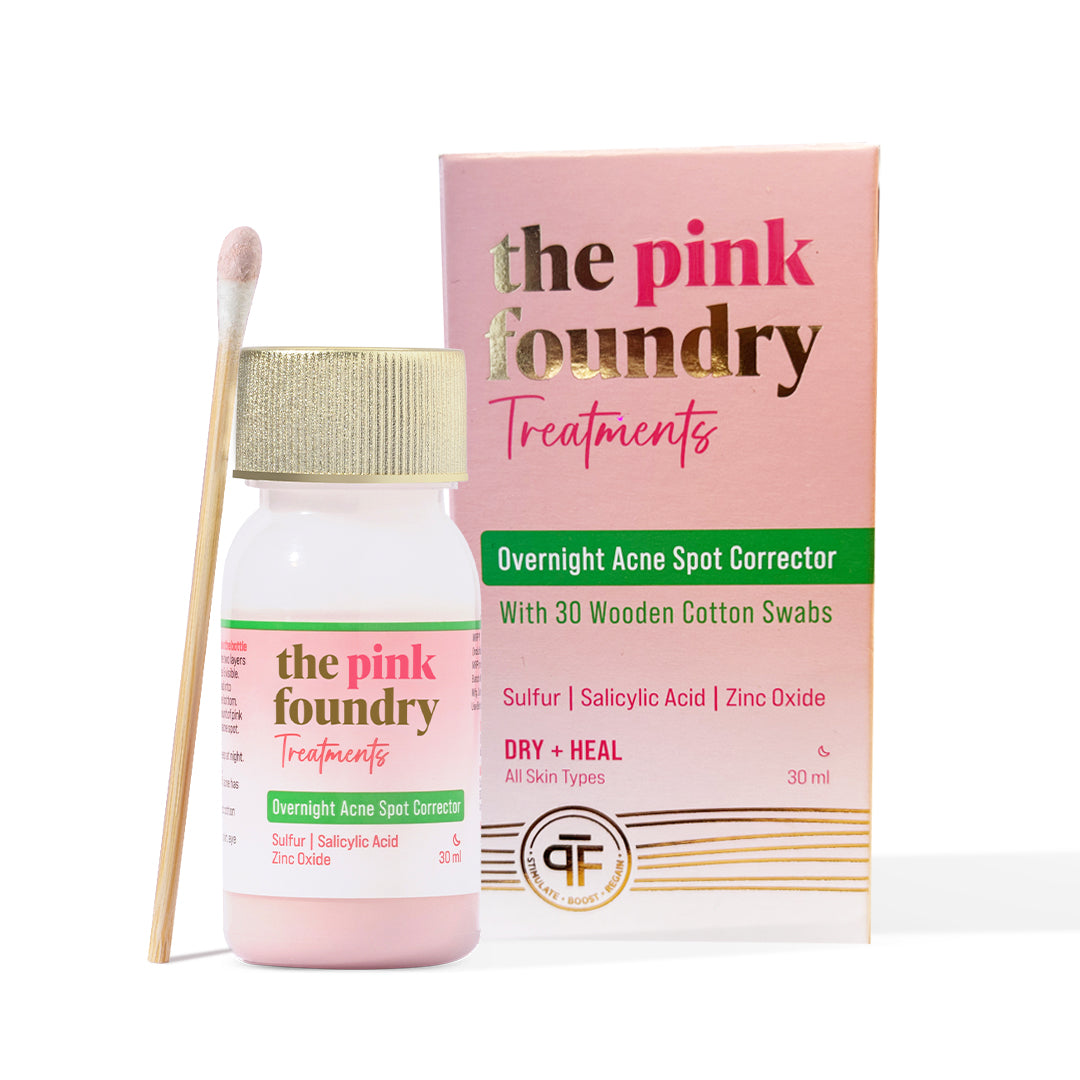
Leave a comment
This site is protected by hCaptcha and the hCaptcha Privacy Policy and Terms of Service apply.